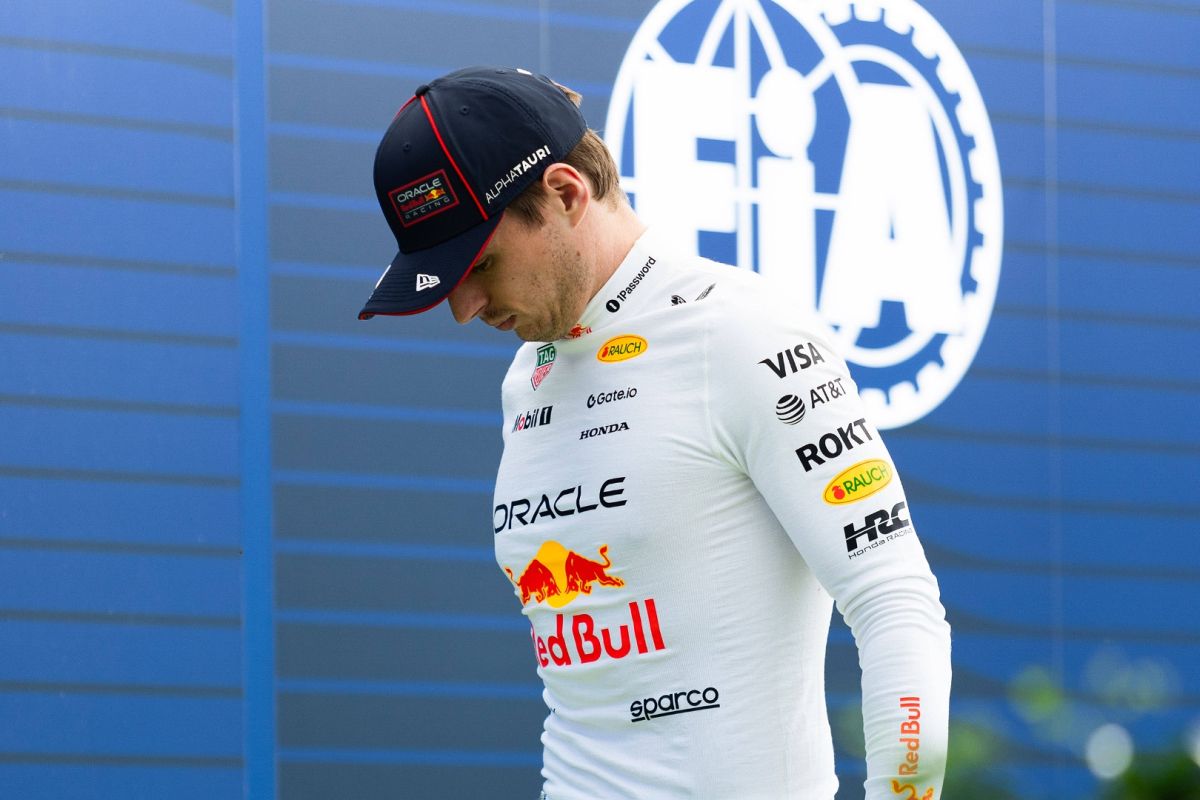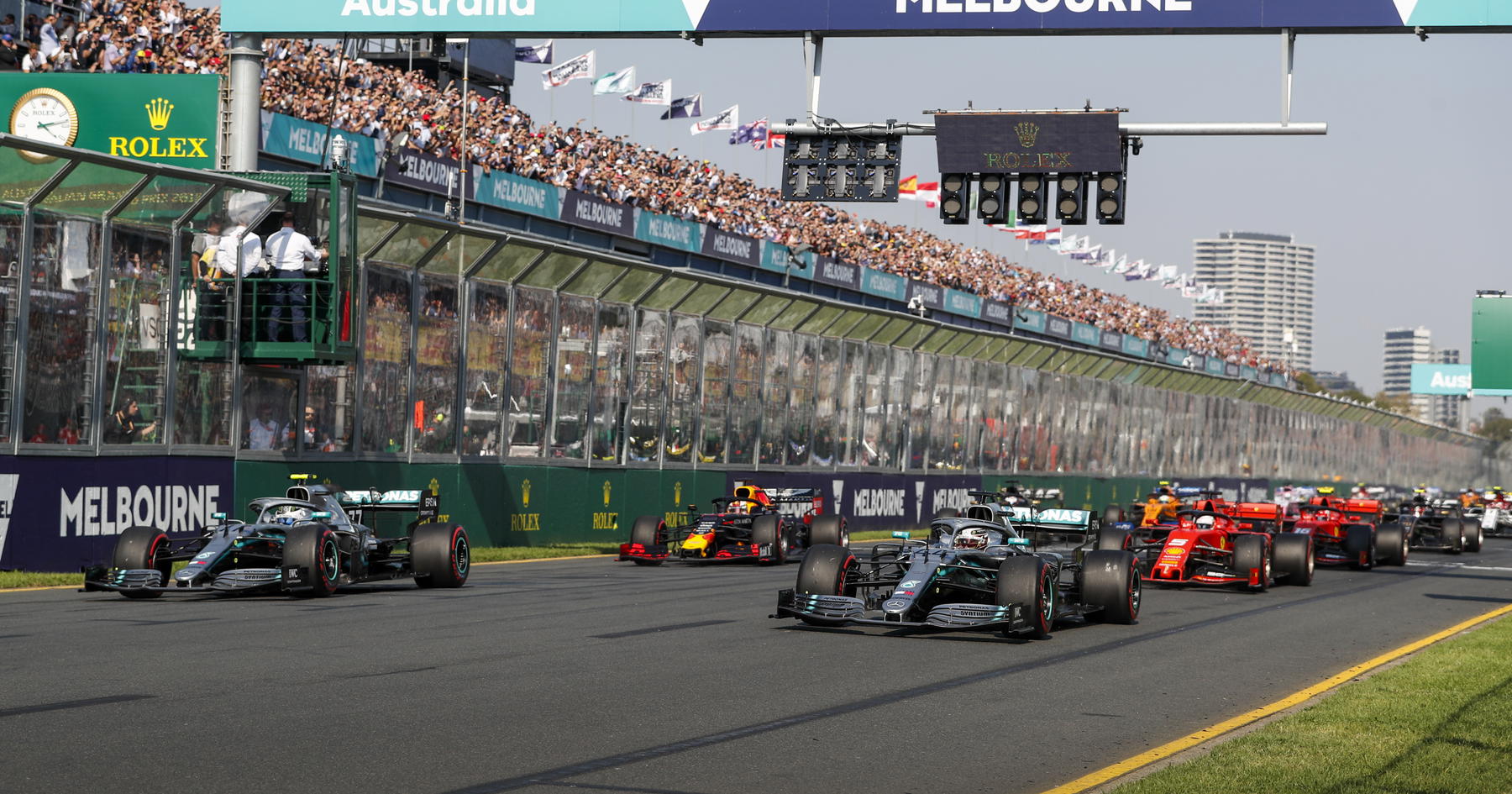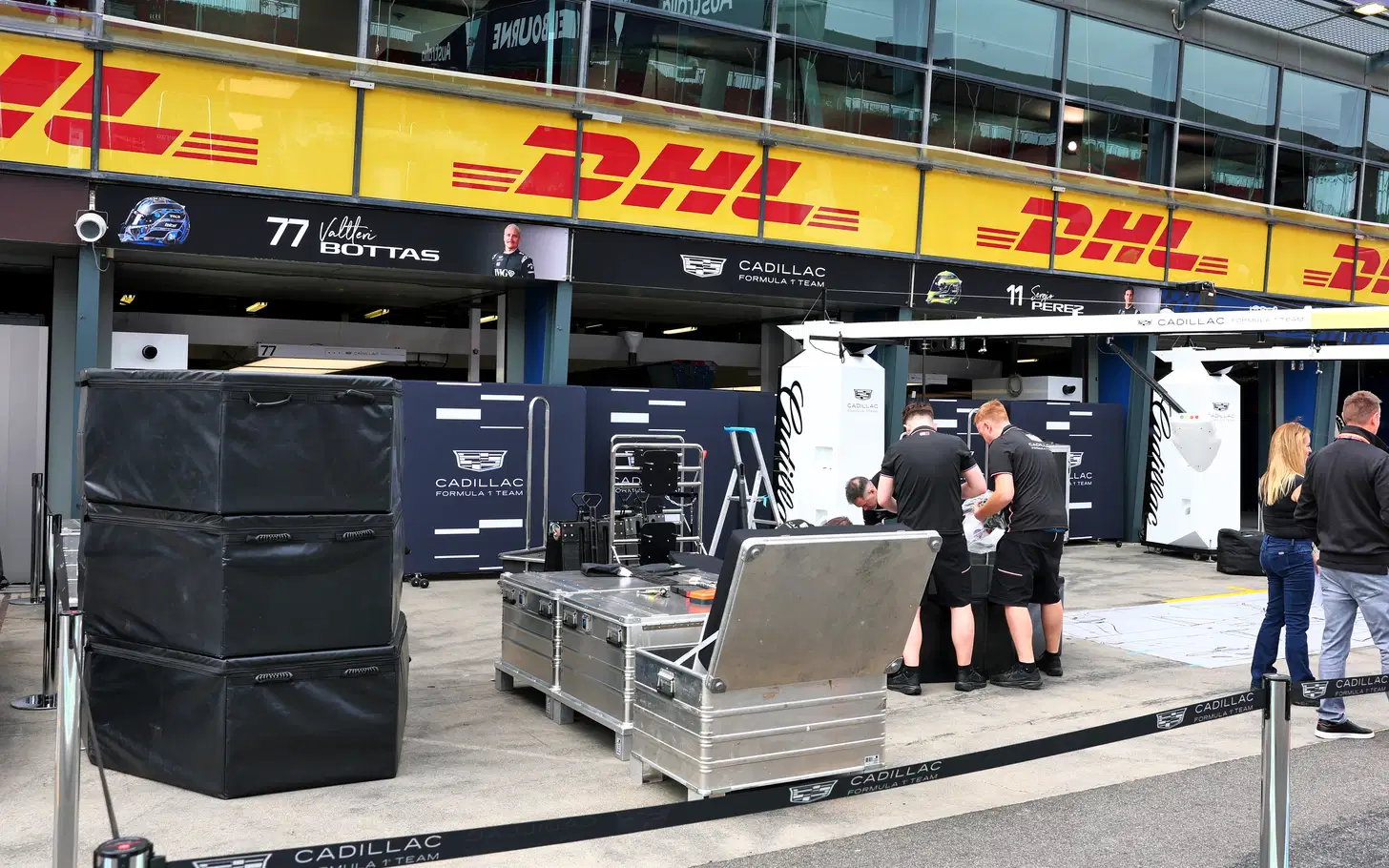FIA Hands Verstappen and Others Penalties After Chaotic Miami Sprint, Shaking Up Final Results
The sprint race at the Miami Grand Prix turned into a dramatic and chaotic event, with the FIA stepping in post-race to hand out several penalties that drastically changed the final standings. Held at the Miami International Autodrome, the second sprint of the 2025 Formula 1 season was already full of surprises before the lights even went out. But things only got more dramatic after the chequered flag, as Formula 1’s governing body issued a series of penalties that affected multiple drivers and stripped several of them of hard-earned points.
Leclerc’s Early Exit Sets the Tone
Even before the sprint officially began, the event had already claimed a high-profile casualty. Charles Leclerc was forced to withdraw from the session after crashing on his way to the grid due to torrential rain. The incident left his Ferrari undrivable and ruled him out of any chance of collecting valuable championship points.
As per sprint race rules, only the top eight finishers are eligible to receive points, meaning any changes within that group can significantly impact both the drivers’ and constructors’ standings. This is precisely what happened after the FIA reviewed several incidents and imposed penalties that reshaped the top of the order.
Three Drivers Penalised in Post-Race Decisions
Following the conclusion of the sprint, four drivers were summoned by race stewards for a series of infractions. Of those, three were handed penalties, all involving breaches of safety protocols or on-track incidents.
Williams driver Alex Albon was one of the first to receive a penalty. After a strong showing that saw him initially finish fourth, Albon was slapped with a five-second time penalty for failing to adhere to the minimum time requirement dictated by the ECU (Electronic Control Unit) while under the safety car. The rule is designed to ensure consistent speeds and safety during such periods, and Albon’s breach was deemed serious enough to cost him seven positions. His final classification dropped from P4 to P11, placing him outside the points entirely.
Liam Lawson of the Racing Bulls team was also penalised following a collision with Fernando Alonso. Lawson, who was running in the points, was judged responsible for the incident that caused Alonso to spin and ultimately retire from the race. The Spaniard, a two-time world champion, suffered his third DNF of the season. Lawson’s five-second penalty saw him fall from seventh place to 13th, removing him from the points-paying positions.
The final penalty was handed to young British driver Ollie Bearman, representing Haas. Bearman was found guilty of an unsafe release during his pit stop, which forced teammate Nico Hulkenberg to swerve to avoid a collision. Pit lane incidents are taken very seriously in Formula 1 due to the risk involved, and Bearman was hit with a five-second penalty as a result. He dropped from eighth place to 14th in the revised classification.
Impact on the Standings
The penalties had significant implications for the sprint race’s outcome and the distribution of points. Albon, Lawson, and Bearman—who had all initially placed within the top eight—were bumped out of the points entirely. Their demotions opened the door for other drivers to move up and secure unexpected points, reshuffling the pecking order.
Notably, the FIA’s decisions also reignited discussions among fans and teams about the current structure of the sprint format and the stewards’ post-race intervention process. While the penalties were justified under the regulations, the timing and number of changes left many feeling unsettled.
Max Verstappen Also Under Scrutiny
Although the headline didn’t delve into details, Max Verstappen was reportedly also involved in post-race steward investigations. While the nature and outcome of any penalty he might have received were not detailed in the FIA’s immediate communication, any such involvement would be closely monitored due to Verstappen’s stature in the sport and his current position in the championship race.
Looking Ahead
The Miami sprint race demonstrated once again that even short-format events can have outsized effects on the championship, especially when late penalties come into play. As teams prepare for the main Grand Prix, the impact of these decisions will be felt not just in the points tables but also in strategy sessions and team morale.
With the sprint format continuing to be a source of both excitement and controversy, all eyes will be on how the teams respond and whether the FIA will revisit its post-race review protocols to ensure greater clarity and consistency in future events.



